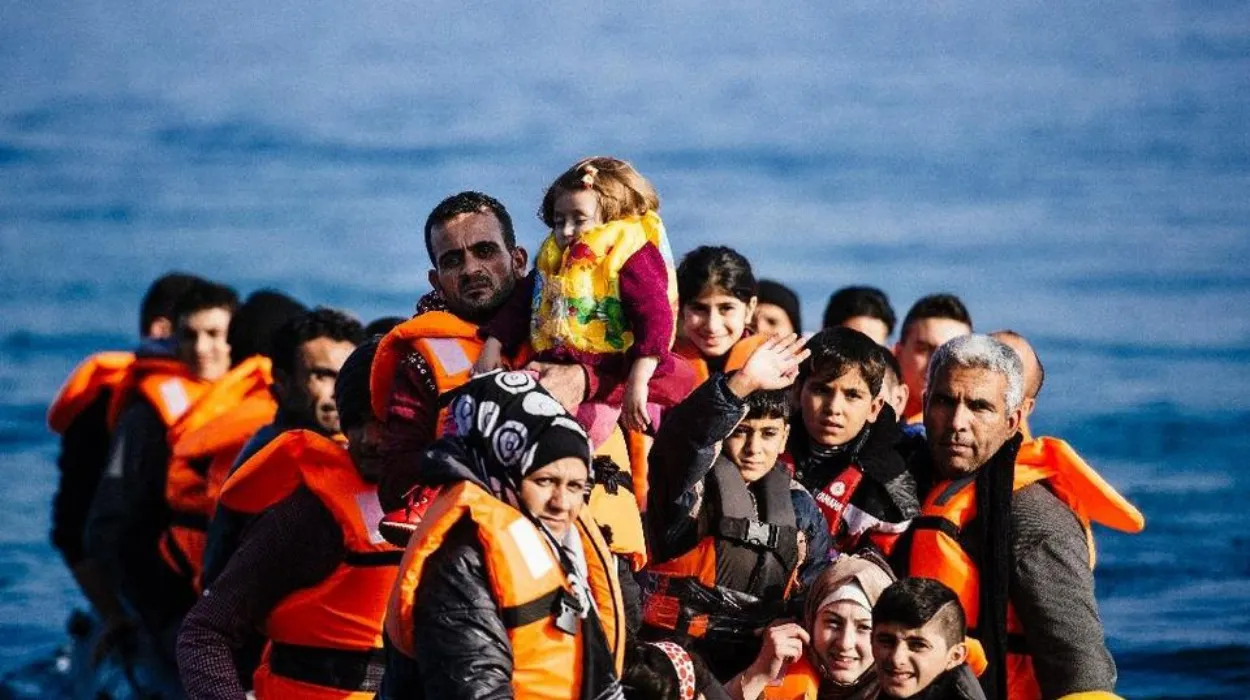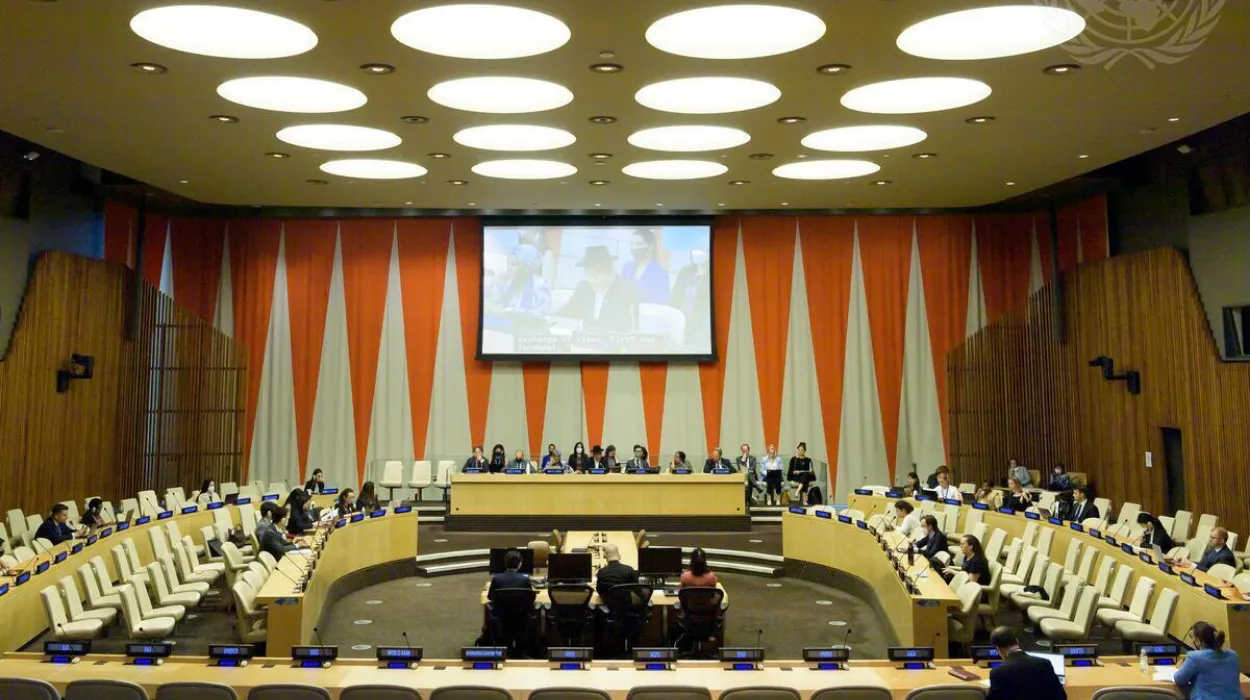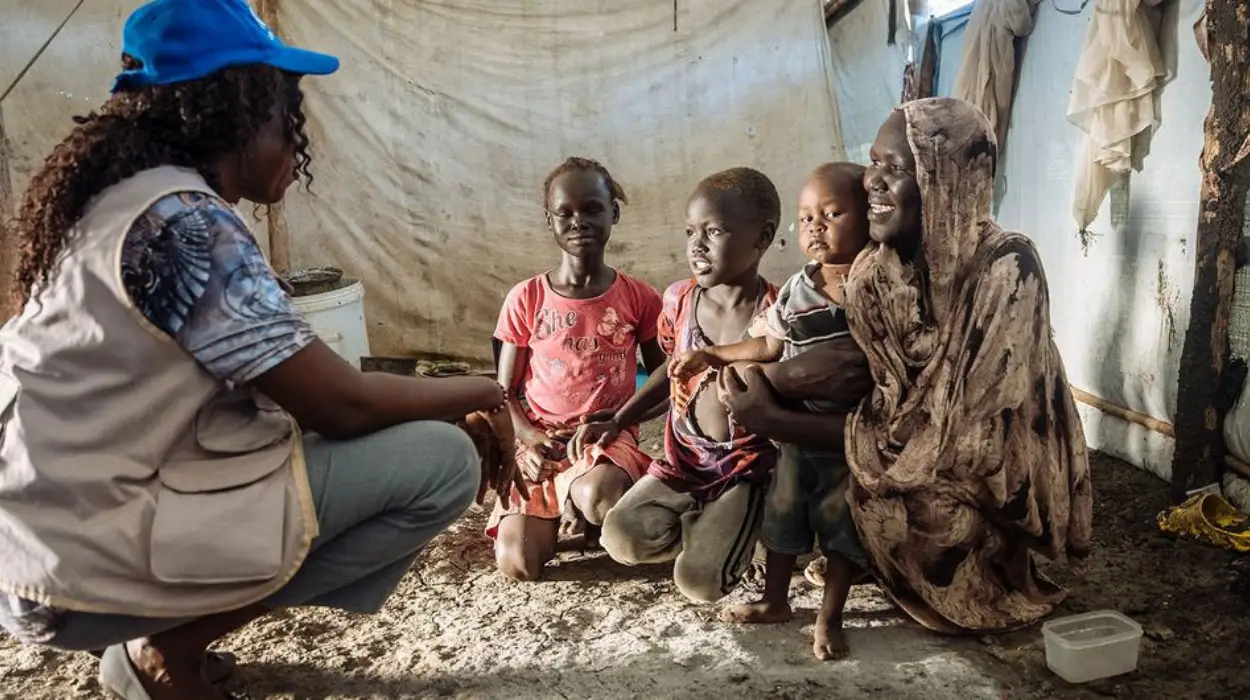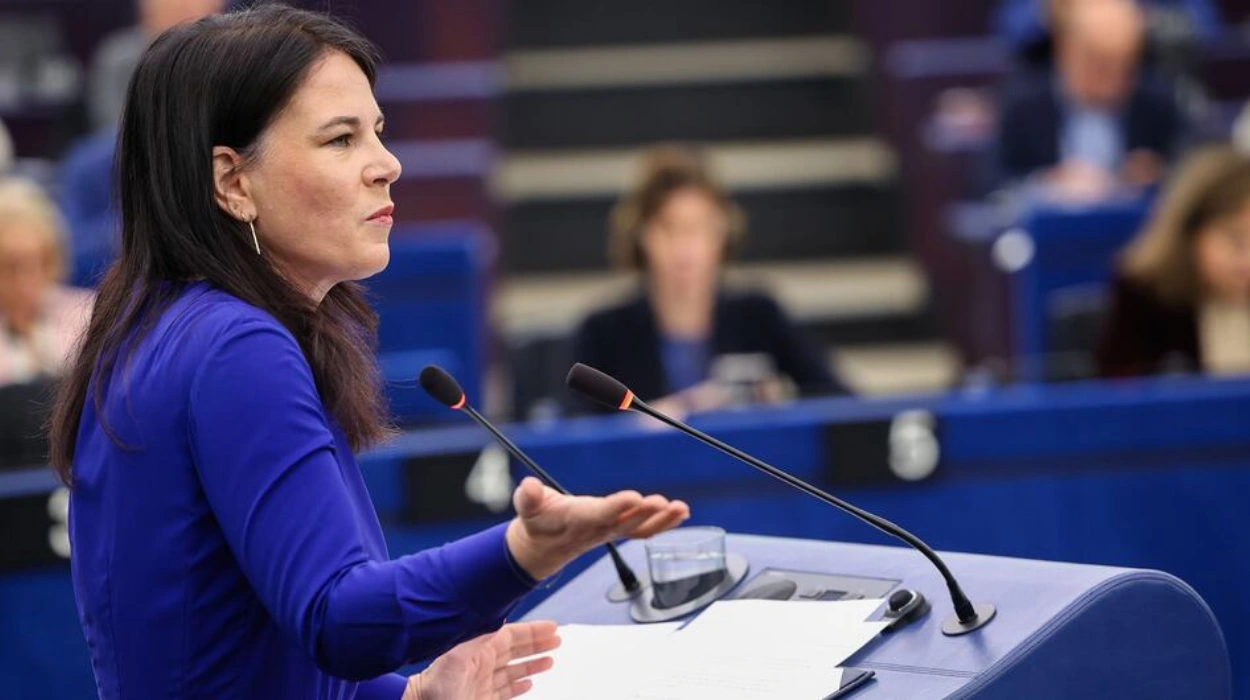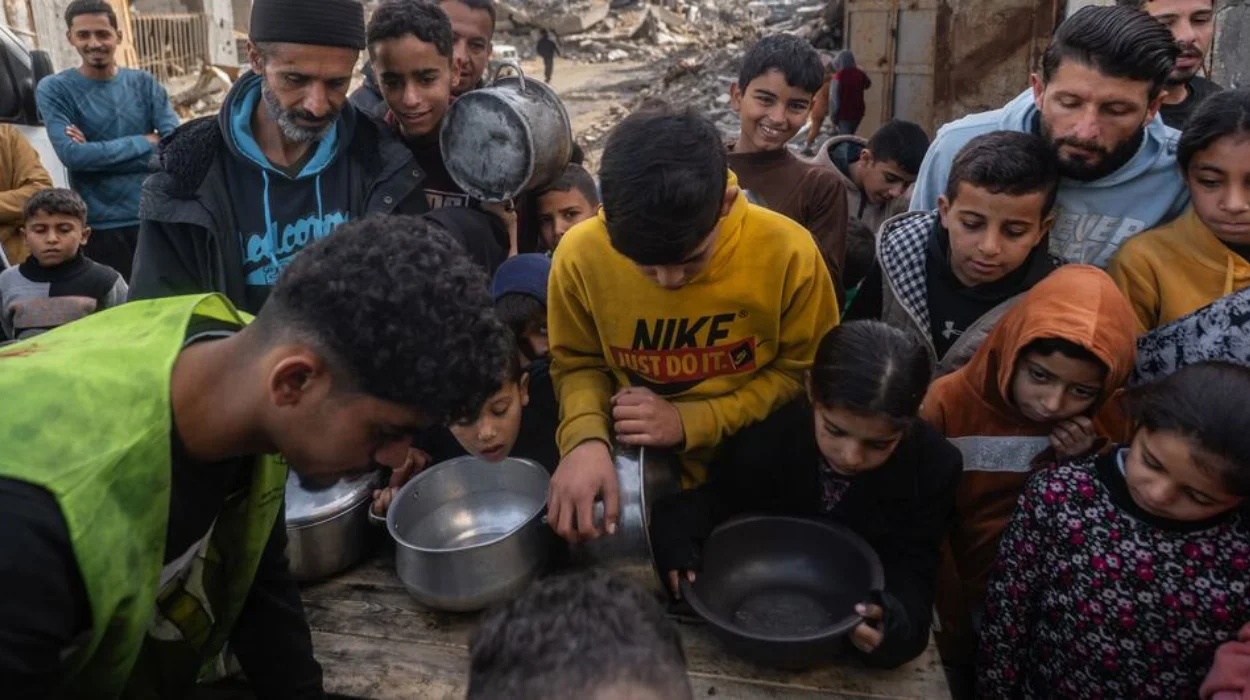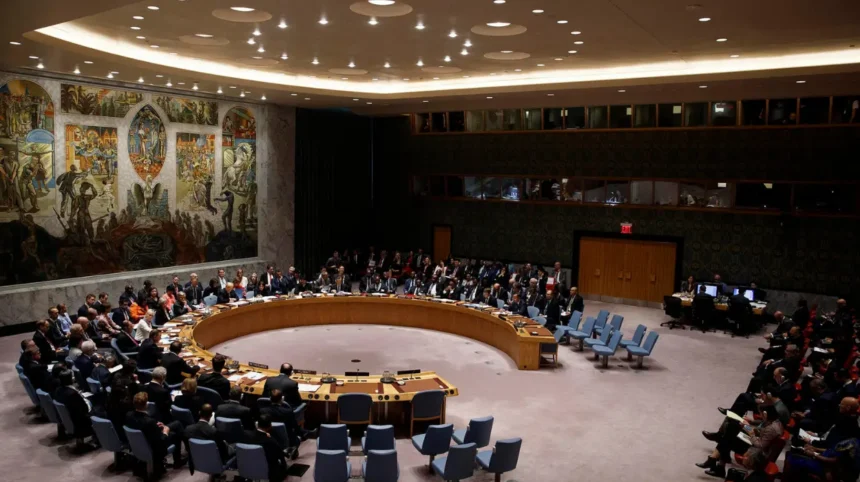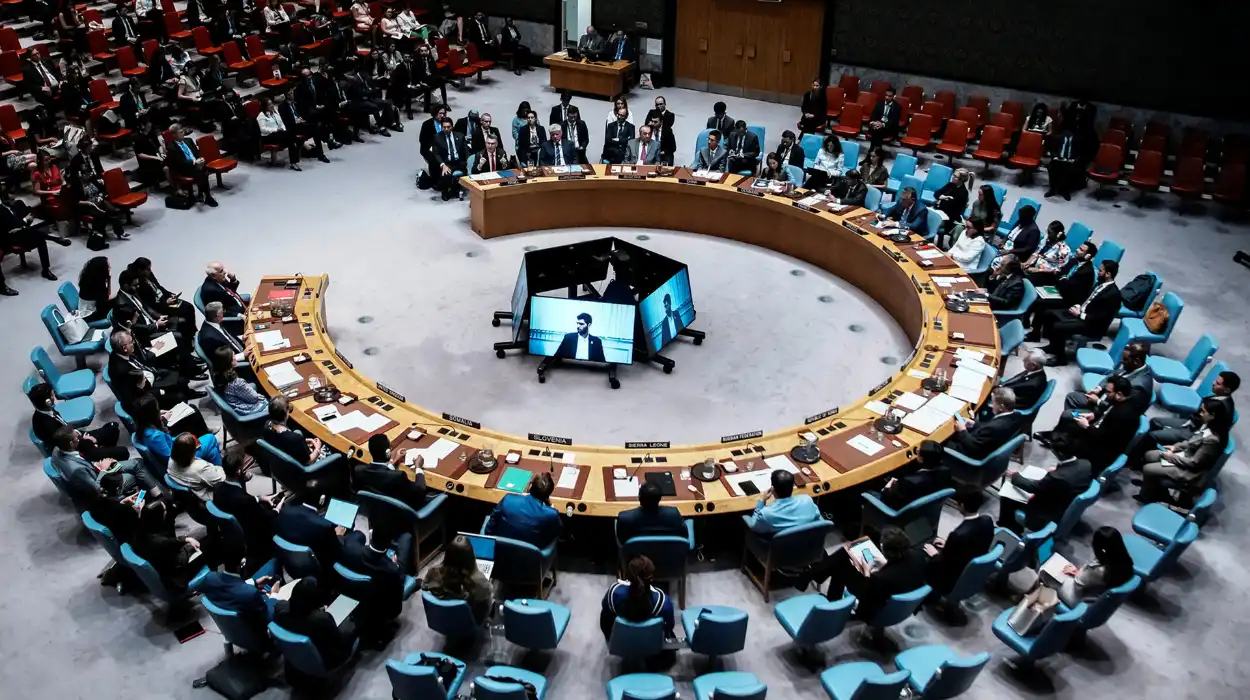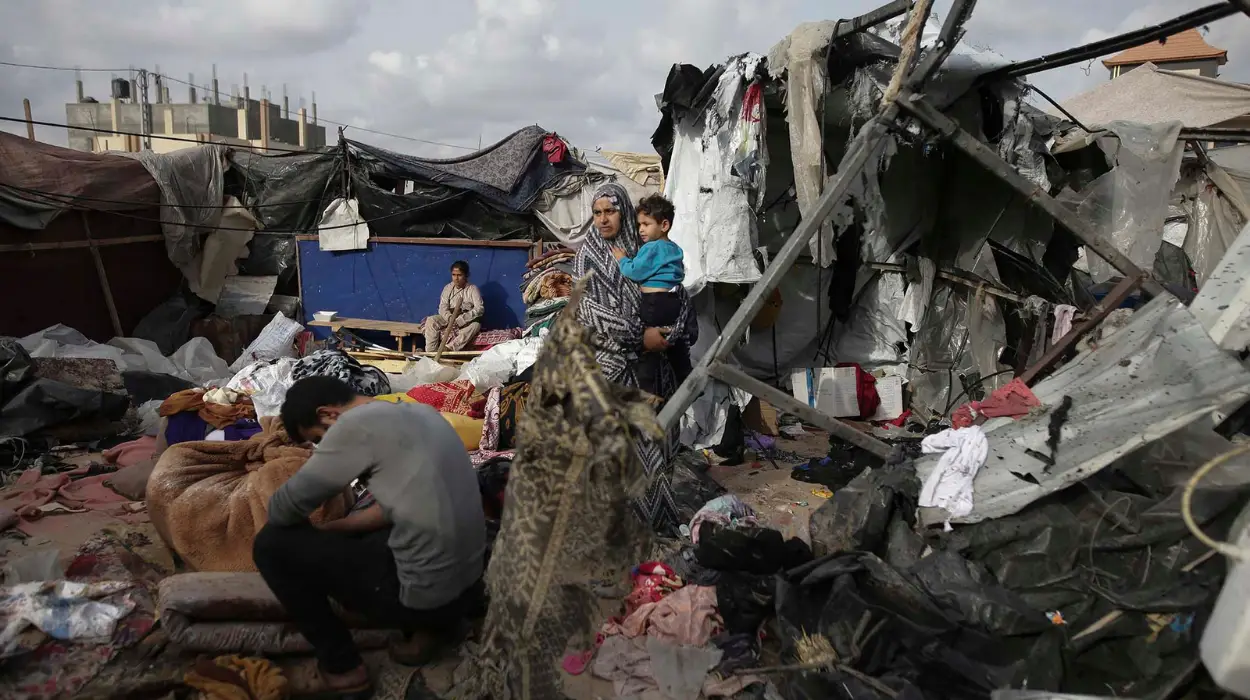Bloc politics in the UN general assembly have worsened as the geopolitical centers of power continue to diversify and the geopolitical alignments continue to be strengthened. Unlike the Security Council, the General Assembly grants all member states equal voting rights and generally alliances are vital as it relates to shaping debates and guiding resolutions. During early 2025 meetings, the synchronized voting pattern has demonstrated the interest of the established and emerging blocs in consolidating their roles in a changing multipolar world order.
The most remarkable aspect of this development is the increased strategic alignment of coalitions like BRICS, the G-77, the African Union, and regional security structures like Shanghai Cooperation Organization. It is becoming apparent to member states that they can gain greater leverage by joining the bloc, particularly with the tensions between major powers rendering unilateral diplomacy less useful. China and Russia especially have taken the bloc-based interaction to grow influence and they tend to put supporters behind initiatives that focus on national independence and opposition to what they refer to as Western domination in international governance. This tendency has determined the color and course of discussions concerning the formulations of development, security and institutional reform in the 2025 deliberations.
BRICS And Rising Multipolar Coordination
By the year 2025, the BRICS had been seen to be increasingly cohesive following its expansion in the year 2024, which allowed the bloc to become a powerful political and economic counterpoint in the UNGA. Its common ground in terms of financial reform, more multipolarity, and representation of developing states is emphasized in joint policy papers and other coordinated interventions.
This congruency has manifested through the observable voting patterns, especially on issues related to sanctions regimes, global lending arrangements and digital governance. Through coherent standings, BRICS members have gained more influence to influence results and provoke more conventional Western-allied voting blocs.
G-77 And Collective Advocacy For Global South Development
G-77 is still the biggest coalition in the Assembly and in the year 2025 it still continues to initiate debates on development assistance, climate funding and equitable technology access.
Even though it has a varied membership, the coalition has maintained its bargaining power as a cohesive forum. The relevance of Global South advocacy in relation to the crafting of resolutions at UNGA is testimony to the timelessness of its input in the recent discussions on debt restructuring models. Irrespective of the internal variations, the group has shared priorities, development equity, resource distribution, and systemic reform, which have remained focused on the legislative wave in the Assembly.
Regional Blocs And Issue-Specific Alignments
The 2025 expansion of regional coordination in 2025 has been experienced by regional bodies like the African Union and ASEAN especially in peacekeeping mandates, migration policies and food security responses. Such alignments allow the actors in a region to affect global debates and yet have the local issues continue to be incorporated in the global discourse. The cohesiveness of the African Union on the reform of international peace support operations has been particularly noticeable, which underpins the role of the bloc in leading structural reform proposals at the various UN committees.
Western Alliances And Challenges In Coordinating Collective Positions
As the Western states still cooperate, it is possible to note that their votes in 2025 are highly fragmented. An example is NATO members that are less coordinated on development reforms, humanitarian intervention as well as digital policy frameworks. The different domestic forces and variable alliances complicate the process of making a decision collectively and decrease the general unity of the traditional Western influence in the UNGA. This disintegration is markedly different to the undisciplined, yet growingly coordinated movement of Global South blocs.
EU Diplomacy And Internal Policy Divergence
The European Union is actively involved in all the committees of the UNGA, yet lack of unity in its approach to the supply chain policy, energy security and migration have made it difficult to speak with one voice. Even though the EU has maintained its human rights mechanisms and climate promises, divergence in national interests have resulted in situations whereby consensus-making processes are not as fast as the other blocs, especially when it comes to the procedural votes and those negotiations that need timely coordination.
U.S. Influence And Strategic Repositioning
The United States will still be playing a leading role but by 2025 it is expected to experience increased competition by organised Global South alliances. Washington still promotes liberal institutional standards but now he has to manoeuvre in a legislature where bloc-based diplomacy tends to water down unilateral leverage. The latter is evidenced by the recent U.S. efforts to find support among resolutions related to cybersecurity and conflict-zone monitoring, which demonstrate the difficulty of forming large coalitions in the General Assembly that is growing more multipolar.
Bloc Politics And Their Role In Shaping Multilateral Negotiations
Bloc politics goes beyond the voting trends to the negotiating tables where resolutions are made. During 2025, the dynamics of negotiations have changed as alignment within blocs during the pre-negotiation stage provides coalitions with the ability to offer single-side proposals at the start of the drafting phase. The outcome is that the bargaining strength of blocs such as BRICS and the G-77 has become very strong and it is now often a case of delivering text in accordance with common priorities which has at times made Western states reactive as opposed to their initial positioning.
Norm Development And Competing Governance Visions
Alternative views of world governance can also be seen in the UNGA debates concerning digital structures, climate responsibility, and systems of conflict-prevention. Sovereignty-based strategies by China-aligned blocs are opposed to the Western concern on transparency and humanitarian access. These opposing strategies reiterate the influence of bloc politics in not just the votes, but also in new norms of international relations. This kind of divergence makes it even harder to achieve a consensus regarding urgent transnational issues, such as mitigation of environmental risks and equal distribution of technology.
Impact On Institutional Reform Debates
Institutional reform of global institutions has emerged as a sub-specialty in 2025, with blocs often using collective bargaining strength to demand an increase in representation. BRICS and the African Union have reiterated permanent seats at the Security Council to the developing nations, as the G-77 groups seek to ensure more openness of international financial bodies. Even though such attempts are yet to deliver structural breakthroughs, the bloc pressure has put the debate on reforms at the centre of the agenda so that it stays in the centre of UNGA discussions.
The Broader Implications Of Intensified Bloc Competition In 2025
Bloc politics are becoming more salient, which underscores the possibilities and limitations of multilateral diplomacy. On the one hand, alliances enable smaller states to voice their concerns and overcome historical inequalities in world governance. On the other hand, bloc competition has been very stiff and this has complicated the implementation of consensus. The General Assembly has become representative of a world in which rival diplomatic ecosystems exist, both blocks having their own vision of a reshaped international order.
The future of diplomatic negotiations in the UNGA in the year 2025 will still depend on bloc associations and their ability to adjust to the very dynamic geopolitical environment. The fact that these competing alignments may end up strengthening or weakening the global cooperation or not is an open question, which will define not only the dynamics within the Assembly but also the overall architecture of international governance in the future.


